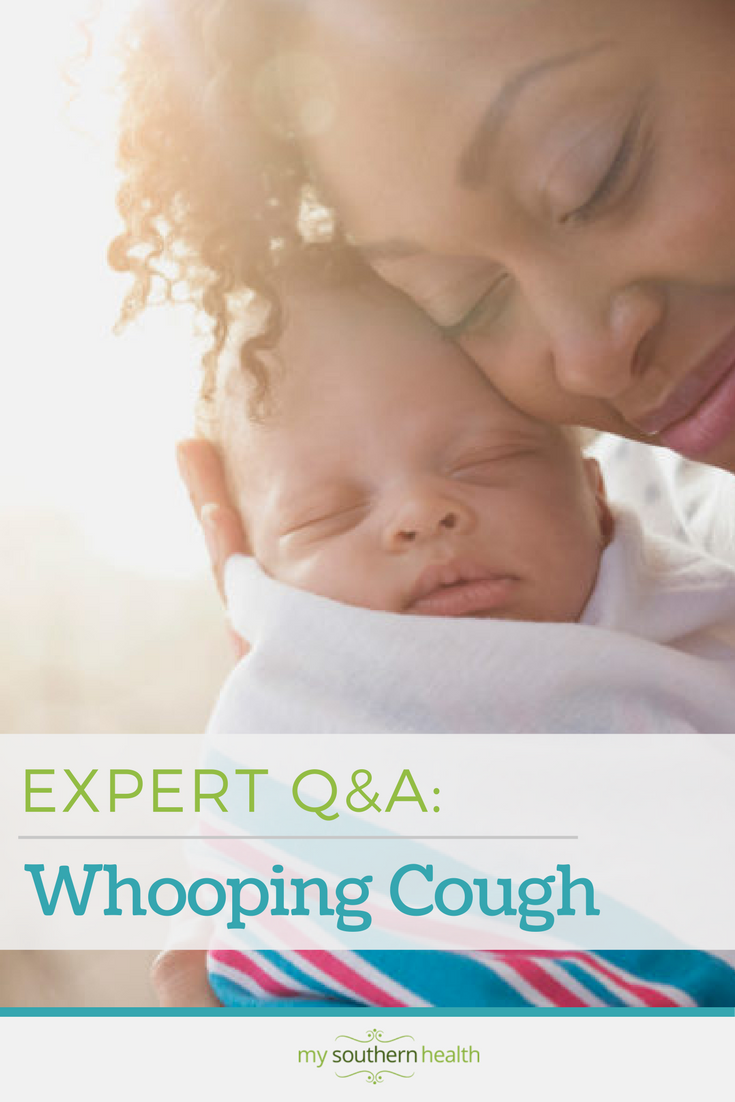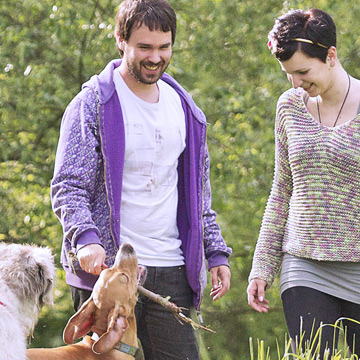Vaccination for everyone is important to protect those most vulnerable to whooping cough, particularly newborns.
Pertussis and whooping cough refer to the same disease: Board-certified pediatrician John Scott, M.D., Assistant Chief Medical Officer, Vanderbilt Health, Williamson and Maury counties, answers questions about what it is, how to protect our families and what to know about the vaccine.
Question: What is whooping cough?
Answer: Whooping cough is a respiratory illness caused by a bacteria that’s easy to pass from person to person. It’s marked by significant coughing, resulting in high numbers of airborne bacteria. It’s transmitted easily and tends to come in epidemics every few years.
Question: Is whooping cough dangerous?
Answer: For a select portion of the population it’s very dangerous. Our primary concerns are children under the age of two, with newborns especially at risk.
Question: And why is it so dangerous for that particular group?
Answer: One factor relates to airway size. Smaller breathing passages are more affected by inflammation, making the usual cough more likely to be complicated by breathing difficulties, including apnea, or pauses in breathing.
Question: What are some whooping cough prevention tips that people can use to protect their families?
Answer: The primary prevention is vaccination. In the early part of the 20th century, there were 200,000 to 250,000 cases per year of pertussis. After 1950, when the vaccination was introduced, cases dropped to less than 10,000 cases per year. It was amazing. Vaccination is by far the best approach to prevention.
Question: Is the whooping cough vaccine safe for babies to receive?
Answer: It is safe. Now we have almost 70 years’ worth of experience. A revision in the late 1990s made it even safer, so we have great confidence in the pertussis vaccination.
Question: So how long does the whooping cough vaccine last when it is received shortly after birth?
Answer: Children get an initial series at two months, four months, six months, and then another one in their second year of life. But by the time they head into middle school, the immunity wanes and a booster is needed. That’s why our seventh graders get a tetanus shot that now contains pertussis.
Question: And what about the whooping cough vaccine for adults? Do they need to get it as well?
Answer: Those who will have contact with newborns and infants are prime targets. Obstetricians are doing a great job communicating this, because now we see grandparents coming into walk-in clinics or primary care offices asking for a tetanus shot. The Tdap immunization contains tetanus and pertussis and should, for a period of 10 years, provide protection against both.
Question: So that they can keep themselves safe when they’re around babies and small children?
Answer: Yes, but it’s not so much for their safety. It’s for the baby. Because the newborns have no protection against pertussis, we target the primary caregivers to lower the risk of exposure. We recommend that moms with newborns in public have their guards up about people touching their children.
Question: So pretty much everyone should make sure they’re up-to-date on their whooping cough vaccine?
Answer: Yes.
Question: Is there anyone who should not get a vaccine for pertussis?
Answer: A very limited group would include someone who’s had an allergic reaction to the vaccine previously. That’s going to be rare and for the majority of people, has no bearing.
Question: What would be the one takeaway that you would want people to know about pertussis?
Answer: That vaccination has been the key to dropping the rate of a very serious disease. Unfortunately, because we’ve done such a good job of dealing with the disease, as a society, we don’t have a memory of how bad it was and we forget that even today, worldwide, almost 200,000 children die every year from pertussis complications, primarily in countries with under-developed healthcare with deficient immunizations.


Vanderbilt Health operates a variety of walk-in clinics in Middle Tennessee, including some with Williamson Medical Center, to take care of everything from sprains and sport injuries to flu shots, fevers, coughs and rashes. Click here to search locations and learn more about the conditions treated there.

